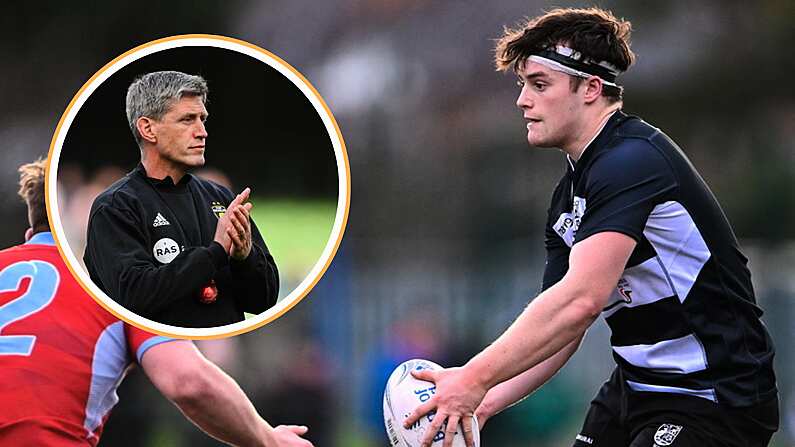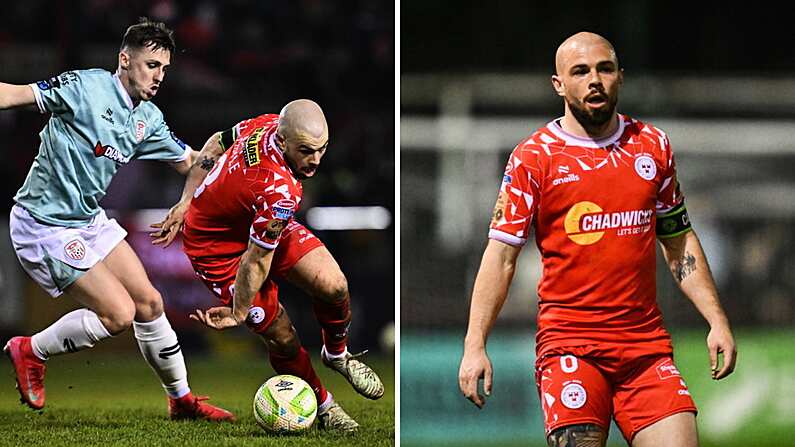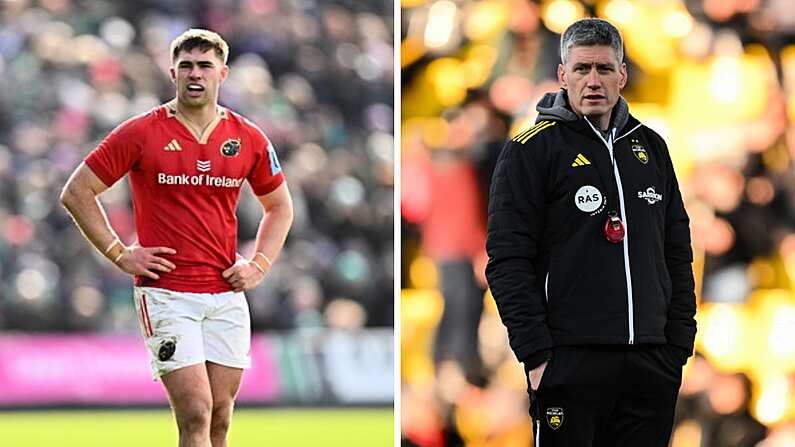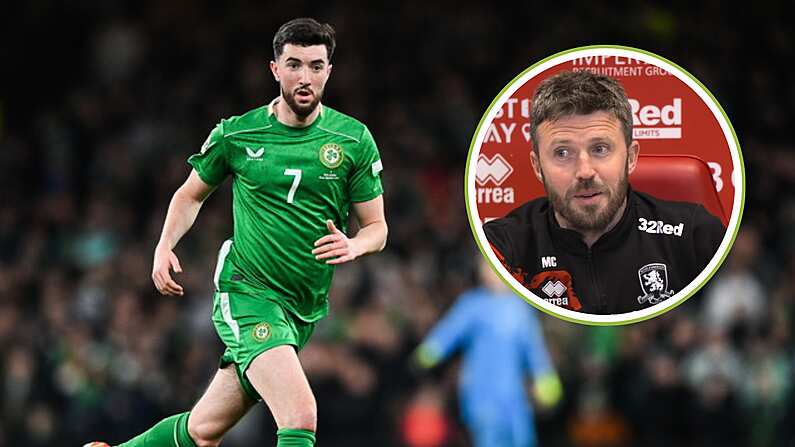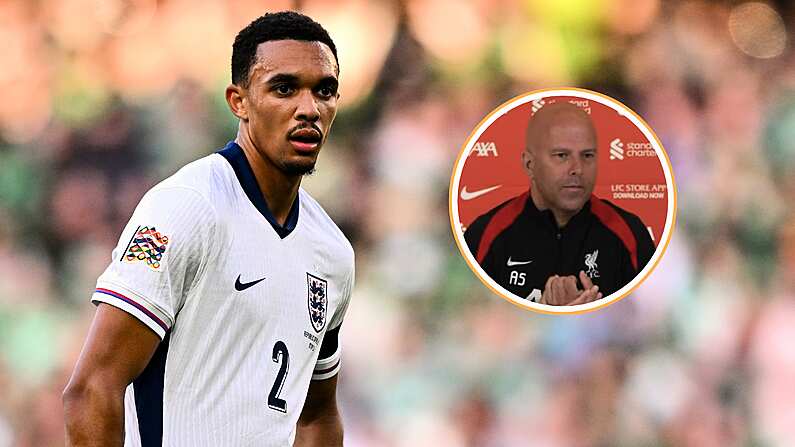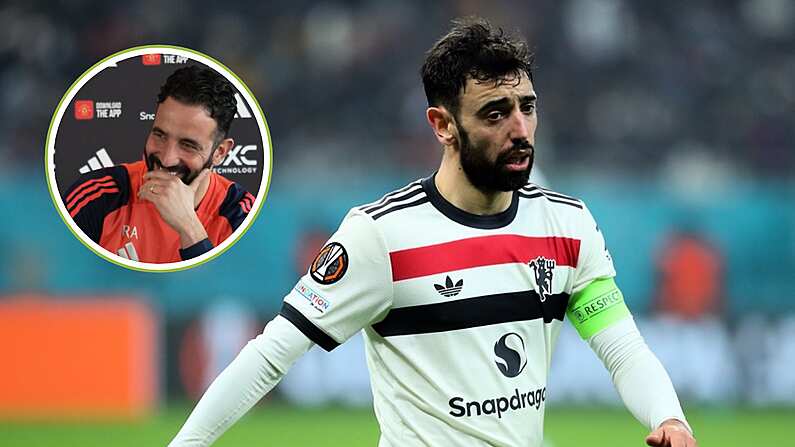All champions should be honoured and these are no different, however some successes have been largely forgotten or ignored for a multitide of reasons. Here are five teams who have claimed some of the grandest prizes in their sport only to be ignored by history.
Leeds United 1991-92
Within a few short years of this triumph, it was difficult to believe it had ever happened. As Alex Ferguson's Manchester United side turned into a nervous wreck in sight of the finish line, Leeds United stole in to claim the League title in only their second year back in the top flight.
They had a strong midfield, comprising of Gary McAllister, Gary Speed and David Batty. Rod Wallace alternated being playing as a striker and drifting out wide on the right. Tony Dorigo earned an England call-up. Up front, they relied strongly on the worthy target man Lee Chapman.
Posterity, however, has decided that Lee Chapman wasn't a striking enough emblem for this success and has decided to overstate the role of the much more box office Eric Cantona, who only scored three goals in seven starts that season.
One of the main reasons this victory, to paraphrase Rob Smyth, has aged so badly, was on account of the manager who drove it.
Even in the 1990s, Howard Wilkinson, the most unglamorous manager ever to lift the English league title, seemed to belong to a different era.
Sargent Wilko, as his nickname suggested, favoured iron-clad discipline and players who were willing to work and conform to his way of thinking (hence, his inevitable falling out with Eric Cantona.)
Even among Leeds fans, when they speak of their great teams, the 1991-92 side is the poor relation of the early 70s teams. The following season, Leeds United finished 17th in the League and were knocked out of the Champions League by Rangers.
Cork 2010
It's pretty harsh but whenever anyone throws out the 'who is the worst team to have won the All-Ireland?' question, this side usually get put to the top of the queue. Such is the lot of the strangely unloved Cork footballers.
Is this fair?
They had, after all, been knocking on the door for a few years. Cork's form in 2009 was vastly superior to what they showed in 2010. They were beaten by Kerry in Pairc Ui Chaoimh in the Munster semi-final replay. After that they eased past the non-challenge of Cavan, beat Wexford well, eked pat Limerick in the quarter-final.
After that, they revived to steal a victory from Dublin in the All-Ireland semi-final. They showed decent mental strength in a tense finale (something they were often criticised for lacking) but they were aided by the indiscipline of Gilroy's team.
In the final against Down, they looked losing for long periods but came good in the final quarter to win by a point. Players who had much abused for their failure to deliver on big days in years ago, turned up big time as Cork claimed their first title in 20 years.
Wales 1994
1994 was the first year in the history of the Five Nations, that the trophy was handed out on the basis of points difference. Before that we had things called 'shared championships', a touchingly corinthian idea unthinkable idea in the modern game. Totting up points difference was a pedantic exercise unworthy of rugby men. They had jobs to go to, after-match pints to sup with opponents, and anecdotes to polish for future after-dinner speeches. They didn’t have time to be calculating points difference.
Wales were the first beneficiaries of this new departure. This was a good boost for them, given that they claimed the wooden spoon in both 1993 and 1995 (and 1990 and 91). They even pulled off the formidable feat of managing to lose more than they won against Ireland in that decade.
Therefore, their victory in 1994 remains one of the more head-scratching Five Nations triumphs. But then, I suppose, these things happened back in those days. They just caught fire early on, beating France at home, luckily snatching a victory over Ireland at Lansdowne Road (aided by Eric Elwood missing a sitter of a penalty to win it late on), and then surfing a wave of goodwill in the valleys, they fairly hockeyed an out of sorts Scotland in the Cardiff Arms Park. That left only England at Twickenham.
Ireland had a part to play in this.
England, easily the best European team of the era, weren't chasing the Grand Slam this time, thanks to the incredible Simon Geoghegan inspired win in Twickenham. England got ahead early, kept up the pressure and it dawned on the cocky Welsh supporters that there would be no Grand Slam this time. Indeed it looked like there would be no Five Nations win, until their winger Nigel Walker went over in the corner to pull the score back to 15-8 and give Wales a points difference triumph.
Argentina 1978
https://www.youtube.com/watch?v=eRKBSxEW3Mw
According to then Juventus and future Ireland manager Giovanni Trapattoni, who now knows a thing or two about such things, Argentina would not have got out of their group stage in 1978 had the competition been held anywhere else.
Their dictatorship needed a success and Argentina eventually obliged. Their famously chic manager Menotti decided to leave Maradona, then a gifted teenager, out of his squad.
The system was rather different then, with the last eight being split into two groups of four, and the top side going onto the final, Argentina had goal difference against them going into the critical game against Peru, They needed to win by four goals to advance to the finale in place of Brazil. Sensationally, and rather controversially, they won 6-0.
They beat a Dutch side, shorn of Johann Cryuff, who had conscientiously objected to Argentina as the host country, 3-1 in the final.
READ HERE: Alexis Mac Allister Can Trace His Irish Ancestry To A Cottage In Donabate
Greece 2004
https://www.youtube.com/watch?v=wZDHLltOeVc
Most of the time underdog triumphs are a source of widespread jubilation. They are celebrated well beyond the borders of the victorious country. Not so Greece in 2004, who managed to alienate the majority of football supporters with their negative tactics, even as they kept on felling the big boys. Their manager, the German Otto Rehhagal had form in this regard. He won the Bundesliga with Kaiserslautern in 1998 the first year after they got promoted.
Still, there was something jarring, freakish and scarcely believable about their triumph. It just didn't sit well with supporters. The football was muck as well.



